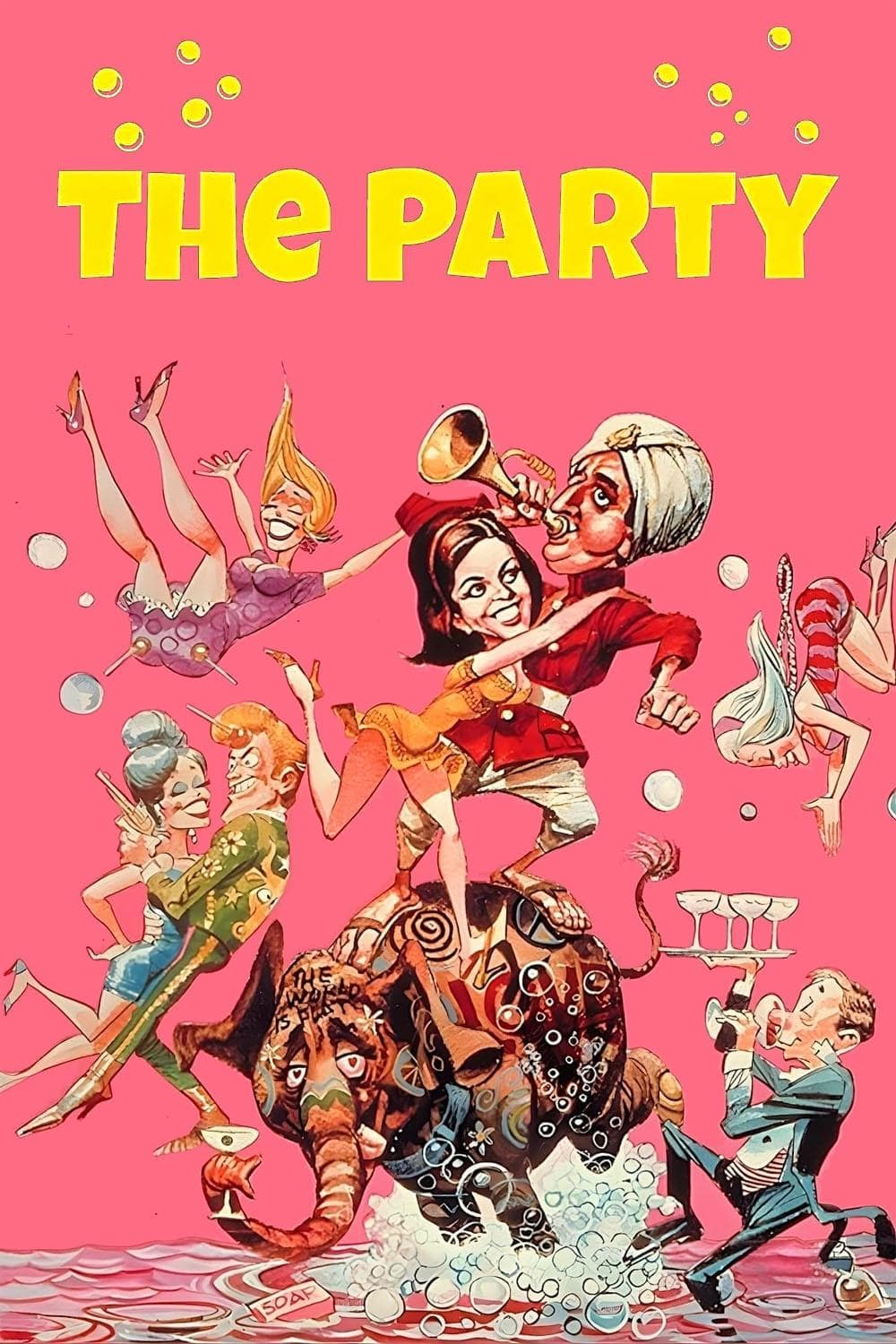
The Party
1968
Rate this movie
Average: 0.00 / 5
(0 votes)
Director
An irresistible, uncontrollable laugh that lasts ninety-nine minutes. And this is not a hyperbolic metaphor, but rather the most lucid of observations on a work that transcends the simple category of "comedy" to become a true manifesto of creative anarchy.
The Party is truly hilarious, starting with the spontaneous and seemingly irrepressible gags of Peter Sellers and the other actors – it is said, and legend here merges with the reality of an audacious production methodology, that Blake Edwards' original script was only 12 pages long, a slender outline on which the entire cast, and Sellers first and foremost, built an edifice of pure hilarity through an almost jazz-like process of improvisation and reaction – leading to narrative cues that gracefully and determinedly slide towards the edge of the surreal, defying all conventional logic.
In essence, Edwards, in one of his most fruitful and visionary collaborations with his favourite actor, unleashes Sellers' comedic talent, but also his own unparalleled ability to orchestrate chaos, creating not only a small masterpiece of hilarity, but a cinematic essay on the deconstruction of perfection and pretension. Their understanding, already honed in The Pink Panther series, reaches a peak of expressive freedom here, where Edwards' directorial discipline merges with Sellers' protean genius, creating a precarious and sublime balance.
The narrative, as mentioned, is pared down to the bone, almost a challenge to dramaturgical conventions. There isn't a complex plot, nor traditional character arcs. There is a catalyst for disaster: an unknown Indian extra, Hrundi V. Bakshi, portrayed by an irrepressible Sellers in the guise of a man who is both innocent and implacable in his disruption. Hrundi, with his unwitting clumsiness and disarming inability to conform, creates one mishap after another on the set of an American production, "Desert Manual," a fictitious film whose pomposity is itself the target of satire. His is a comedy born from alienation, from the impact of a pure and uncorrupted element in an environment saturated with artifice and hypocrisy. Bakshi's portrayal, while it may raise objections today regarding "brownface," must be read in the context of Sellers' filmography, as he was accustomed to transforming himself into characters of every ethnicity and social class to explore their nuances and, in this case, to emphasize the otherness of a simple and genuine individual amidst the opulence and empty formality of Hollywood.
Not content with having devastated the set, Hrundi mistakenly receives an invitation to the film producer Fred Clutterbuck's party, and sneaks into this sanctum sanctorum of the Hollywood elite, continuing his unwitting work of destruction, moving from one gaffe to another with the tenacity of an unrecognized agent of chaos. The party becomes a metaphor, a microcosm of the system's falsehood and rigidity, which Hrundi, through his mere existence, erodes from within.
Around him, a cast of hilarious characters, each in their own way a distorted archetype: from the waiter Levinson who downs all the drinks he's supposed to serve the party guests, a not-so-secret alcoholic symbolizing the event's internal mismanagement, to the blonde starlet desperately trying to make it big, to the producer obsessed with his own status. Edwards is a master at populating the scene with figures who, while being caricatures, are sculpted with precision and contribute to creating a caustic and entertaining tableau of the cinematic jet set.
And then a series of brilliant inventions, a true repertoire of gags that set a standard: like elephants suddenly appearing from nowhere, a dreamlike vision that hilariously breaks verisimilitude; or a foam invasion that, generated by a tap left open by Hrundi in the bathroom, progressively submerges everything and everyone, transforming the villa into a surreal lunar landscape, a kind of cathartic purification through delirium; the floating shoe in the fountain, a symbol of lost composure; the chicken that flies from Sellers' plate, in a precise and choreographed movement, onto the astonished diner's head. It's interesting to note how Edwards' humor is not just physical, but also visual, leveraging scale and contrast to maximize the comedic effect. Paolo Villaggio, master of Italian comedy, would draw heavily on these and other Sellers scenes for his legendary Fantozzi, whose clumsiness and misfortune clearly echo Bakshi's innocent destructive fury, confirming the transnational influence of universal humor. But The Party's legacy doesn't stop with Villaggio: its sequences of escalating chaos, the fast-paced rhythm of the gags, and the use of space to create chain reactions of disaster have inspired generations of directors and comedians, from The Naked Gun series to the absurd comedy of Monty Python. The finale, with guests abandoning themselves to wild dances in the foam bath, is an ode to liberation from conventions, a triumph of liberating madness.
In short, if you want to laugh – with laughter that is intelligent, disarming, and liberating all at once – watch this cornerstone of comedy; many of the gags in the film have been and will be imitated ad libitum, but the original retains unparalleled freshness and brilliance. It is a work that, beyond its light surface, offers a sagacious critique of the emptiness of a certain environment, an ode to the unexpected, and a celebration of comedic genius. An timeless classic of laughter, a beacon in the comedy genre that continues to shine for its audacity and irresistible madness.
Country
Gallery

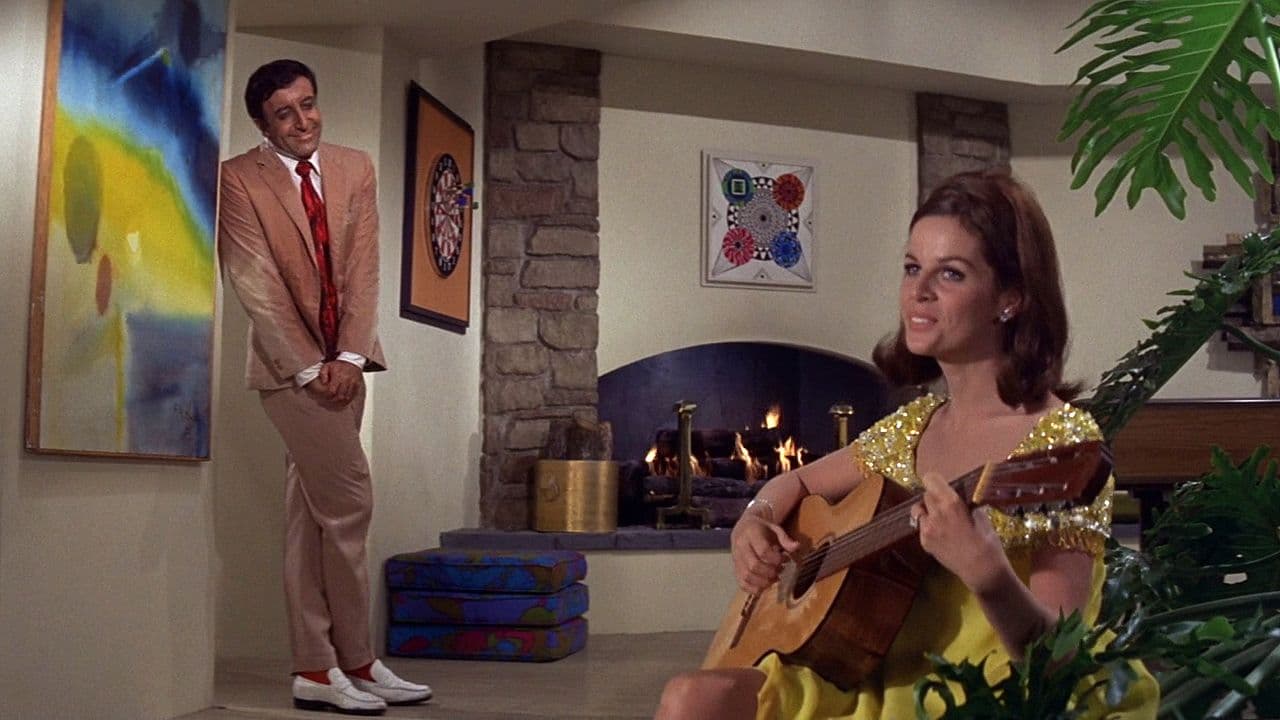
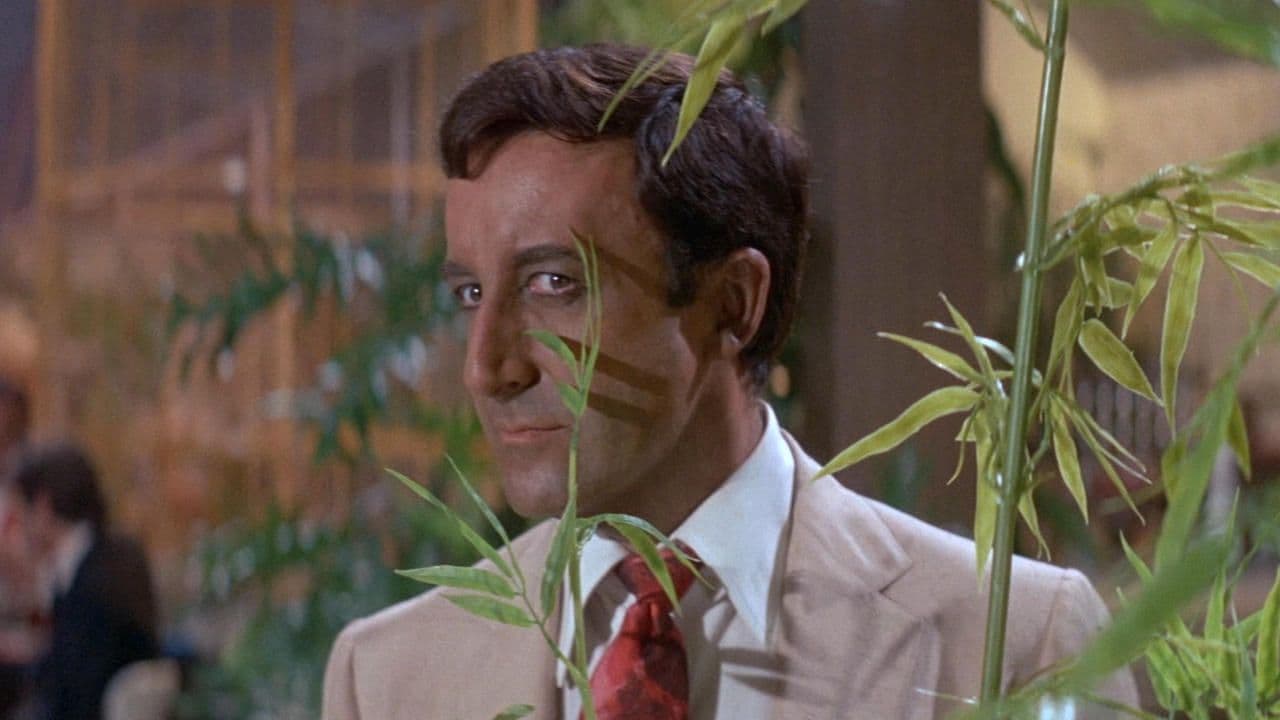
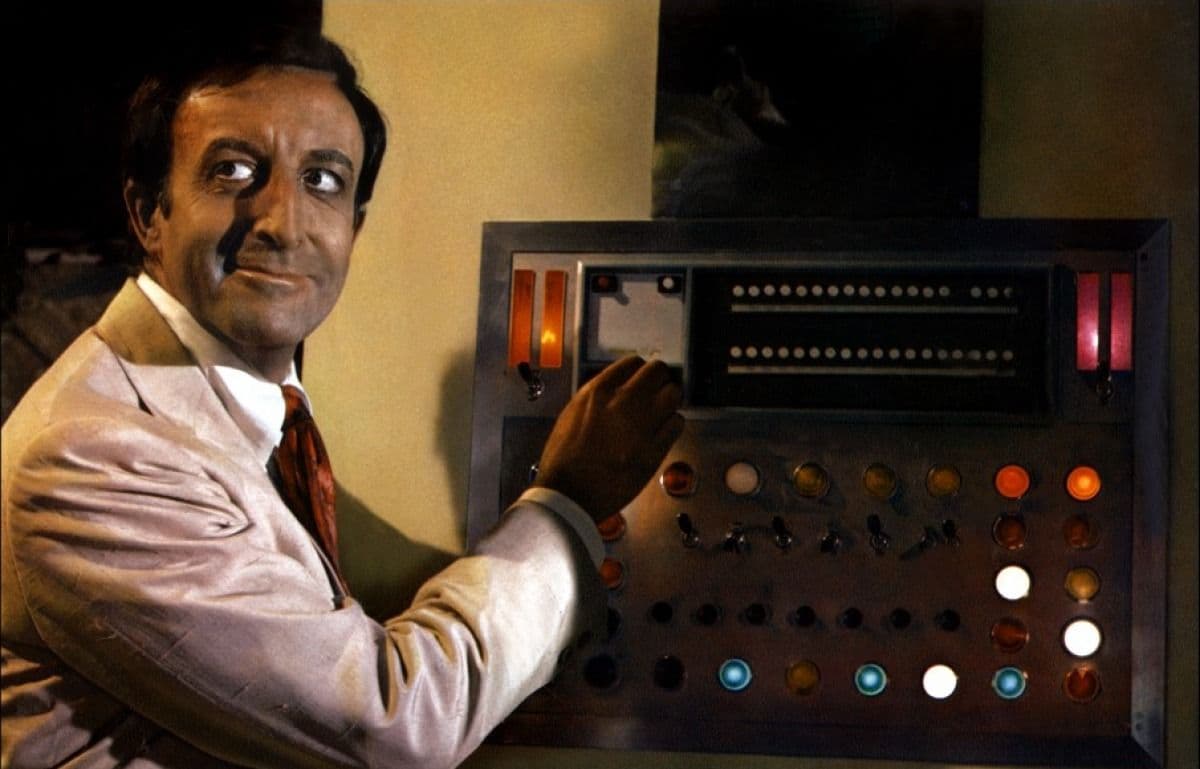

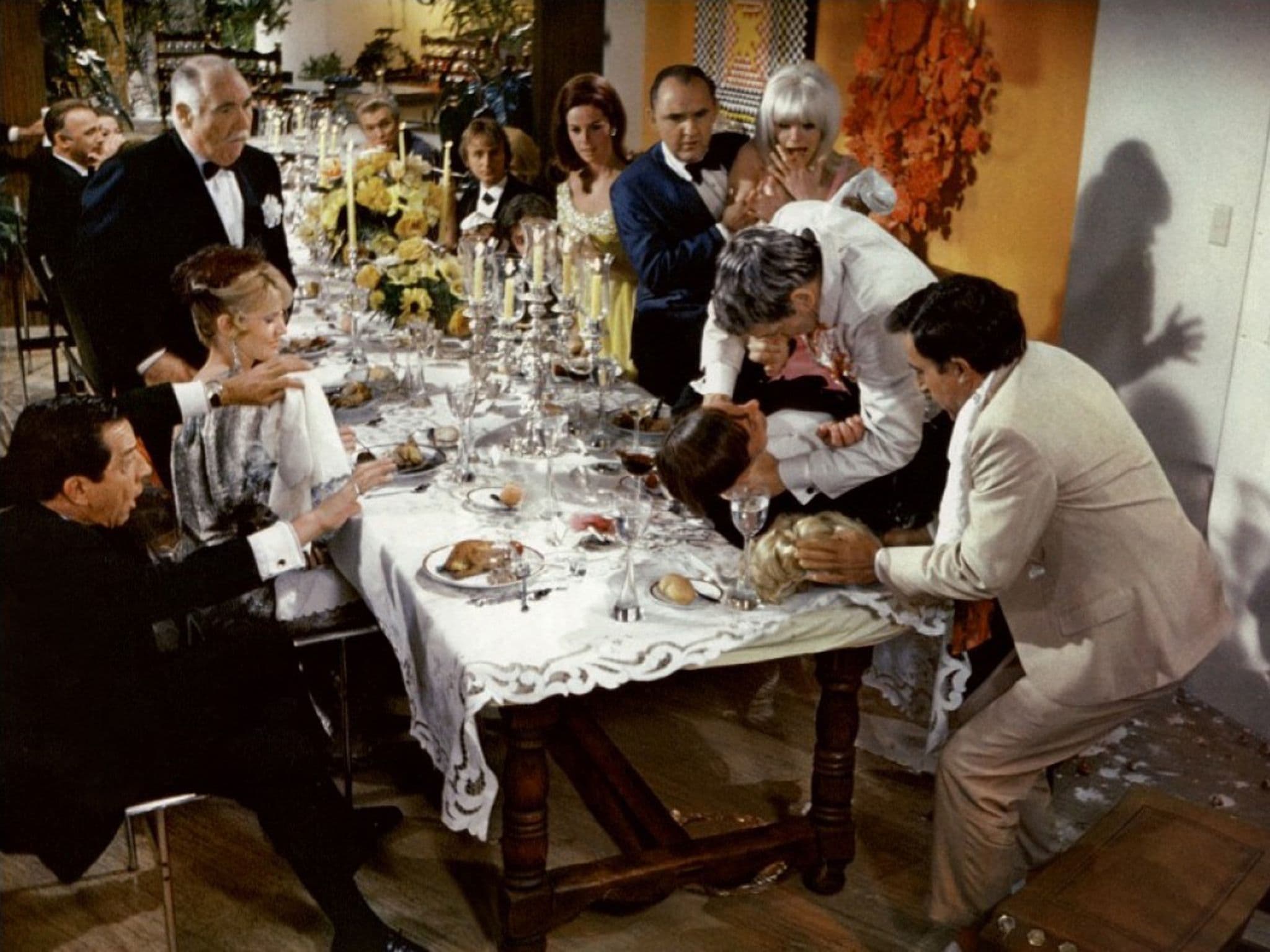
Comments
Loading comments...